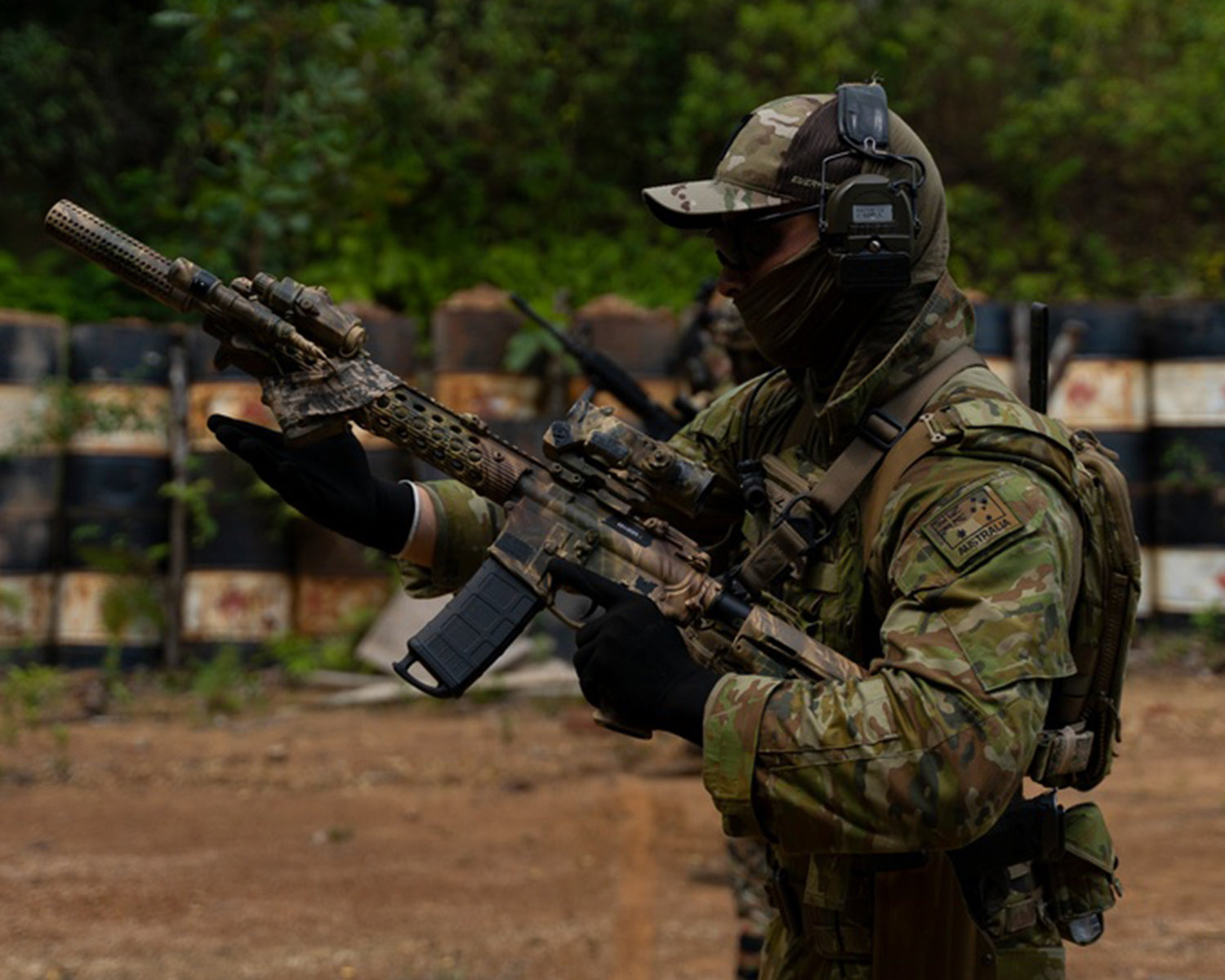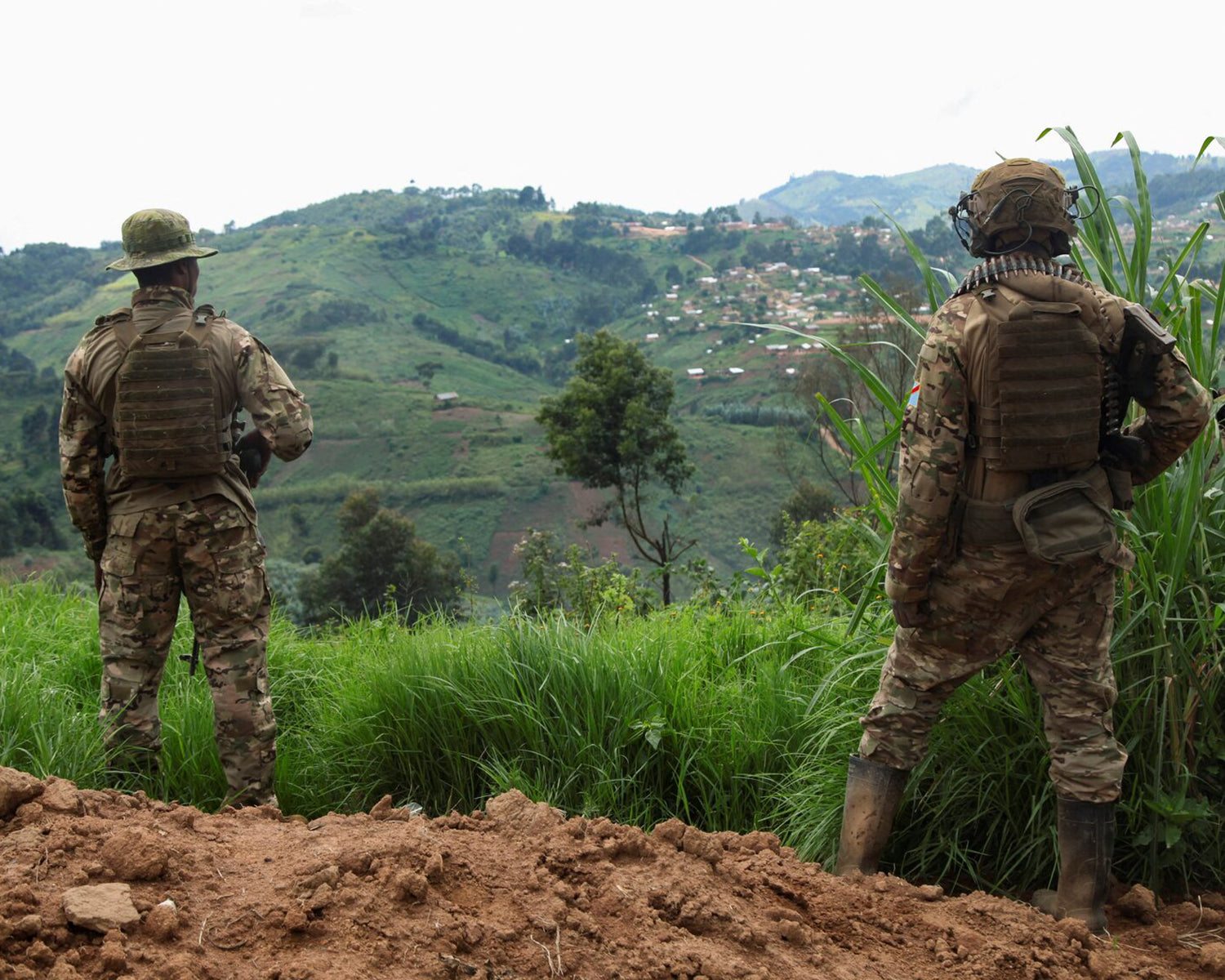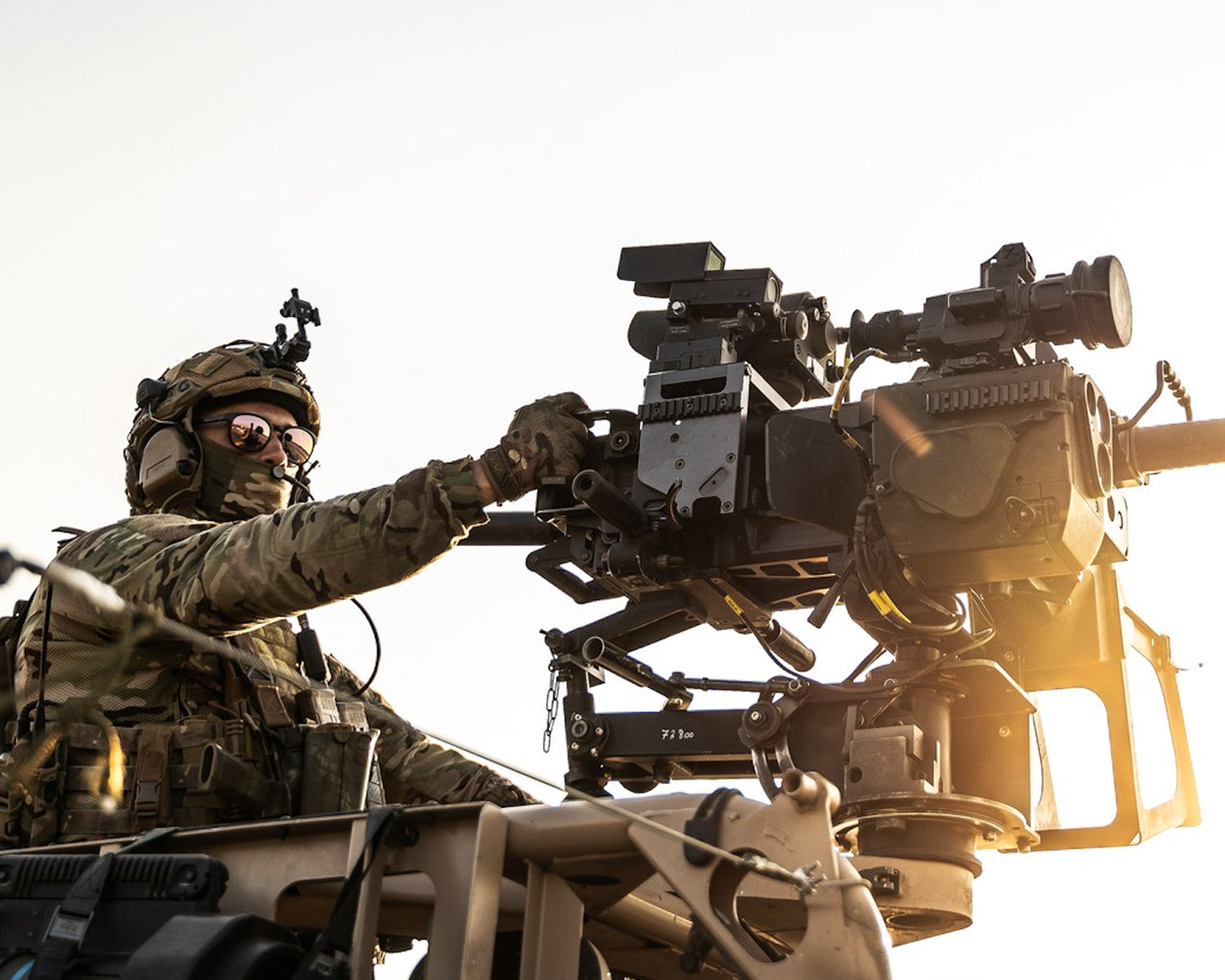
Australia needs to defend itself, Albanese says on security policy amid diplomatic volatility
PHOTO CAPTION: Illustrative photo — An Australian service member participates in a live-fire range during Balakitan 22 at El Nido, Palawan, Philippines, March 30, 2022. (U.S. Marine Corps photo by Sgt. Mario A. Ramirez via DVIDS)
By Peter Hobson and Kirsty Needham
CANBERRA (Reuters) - Australia needs to defend itself, Prime Minister Anthony Albanese said on Wednesday when asked whether Donald Trump's return as president of the United States meant Australia should review its defence strategy.
Australia deepened its long-standing military alliance with the United States under Trump's predecessor Joe Biden, including through the AUKUS agreement, a four-decade defence project to buy and build nuclear-powered submarines.
AUKUS is supported by both major Australian political parties and Albanese said on Wednesday it wouldn't be up for negotiation if Saturday's election resulted in a minority government.
Trump's hefty tariffs and volatile diplomacy, including upending U.S. policy towards Russia's war in Ukraine, has sparked debate over whether Australia should increase defence spending to increase self-reliance.
Asked after delivering a speech at the National Press Club in Canberra if change was needed, Albanese said Australia was building its independent defence capability, including through the establishment of domestic missile production.
"We need to defend ourselves," he said, referring to John Curtin, a Labor prime minister during World War Two who he said understood that "kowtowing to the UK ... wasn't going to defend Australia."
Curtin rejected a British strategy to deploy Australian troops in Southeast Asia and demanded that they defend New Guinea and Australia.
"People (at the time) thought they needed the national interest defended," Albanese said. "It was Labor who did it then and it is Labor that will do it now."
Australia holds a national election on May 3 that polls predict will give Albanese's Labor party a majority or near majority.
Trump has loomed over the campaign, with voters unnerved by U.S. politics since he regained the White House and switching support away from Australia's conservative opposition.
Labor has said it is spending A$50 billion ($32 billion) more over a decade on defence, in what it has described as the most significant increase in defence spending since the end of the Second World War. However, it has not pledged any new money in this year's national budget.
Conservative leader Peter Dutton last week said he would boost defence spending to 3% of gross domestic product within a decade.
($1 = 1.5593 Australian dollars)
(Reporting by Peter Hobson; Editing by Kate Mayberry)










